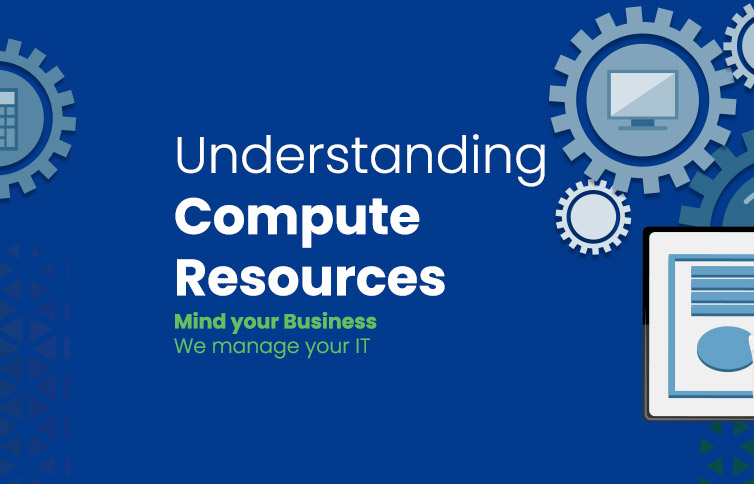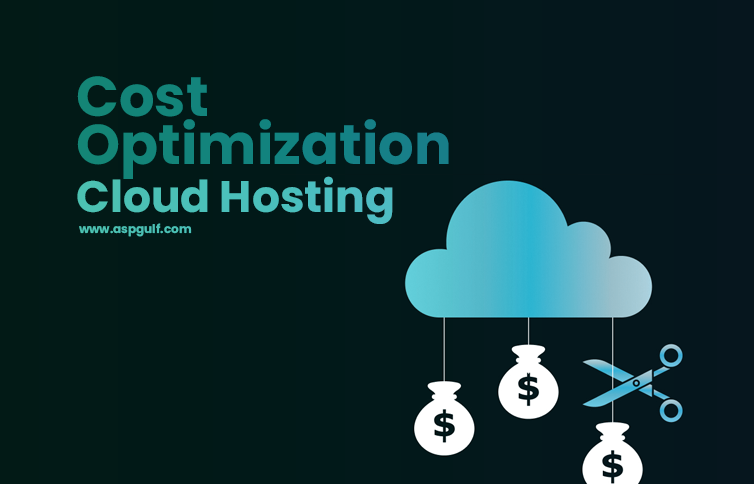VMware Introduces Developer, Data, and Security Services to Propel Sovereign Cloud Innovation
VMware has introduced cutting-edge innovations and forged strategic technology partnerships...

VMware has introduced cutting-edge innovations and forged strategic technology partnerships...

Power of Compute Resources in Bare Metal Cloud Hosting for...

Bridging the IT Skills Gap In today's rapidly evolving business...

In the world of web hosting, businesses often need more...

Cloud Security Managed Service: Safeguarding Your Digital Transformation In today’s...

In the world of cloud computing and web hosting, two...

Introduction ASPGulf: Your Trusted Host Management Company ASPGulf, a prominent...

Optimizing Costs in Cloud Hosting: Tips and Best Practices As...
From securing your digital landscape with our top-notch Security Risk Assessment Services to optimizing your cloud journey with certified expertise as a Microsoft Cloud Solution Provider offering Microsoft Azure Services and cutting-edge Office 365 Email Hosting solutions. Elevate your operations with the flexibility of Cloud Server options, explore the efficiency of Multicloud Services and the privacy of Private Cloud solutions. Extend your reach with the reliability of Public Cloud offerings, including Amazon Web Services, Oracle Cloud Managed Service Provider, and Google Cloud Hosting Services. Ensure seamless web hosting with options like Dubai VPS Server, trusted Colocation Hosting Providers, and efficient Shared Web Hosting services. Streamline your communication with our Hosted Call Center Service and experience the power of dedicated resources through Dedicated Server UAE, Windows Server Hosting, and efficient WordPress Hosting. Explore the versatility of Linux Hosting with cPanel and optimize your business processes with Hosted Microsoft Dynamics. Our commitment extends to professional expertise with IT Professional Services, reliable Technical Services, secure Data Replication Services, and robust Data Protection Services. Trust in our capabilities with a state-of-the-art Data Center in Dubai, UAE.
As your trusted Managed Security Service Provider, we offer top-tier services such as Digital Security Forensics, efficient Cyber Incident Response, robust Managed Firewall Services, and reliable Recover-as-a-Service. Ensure the continuous health of your operations with our proactive Remote Monitoring and Management